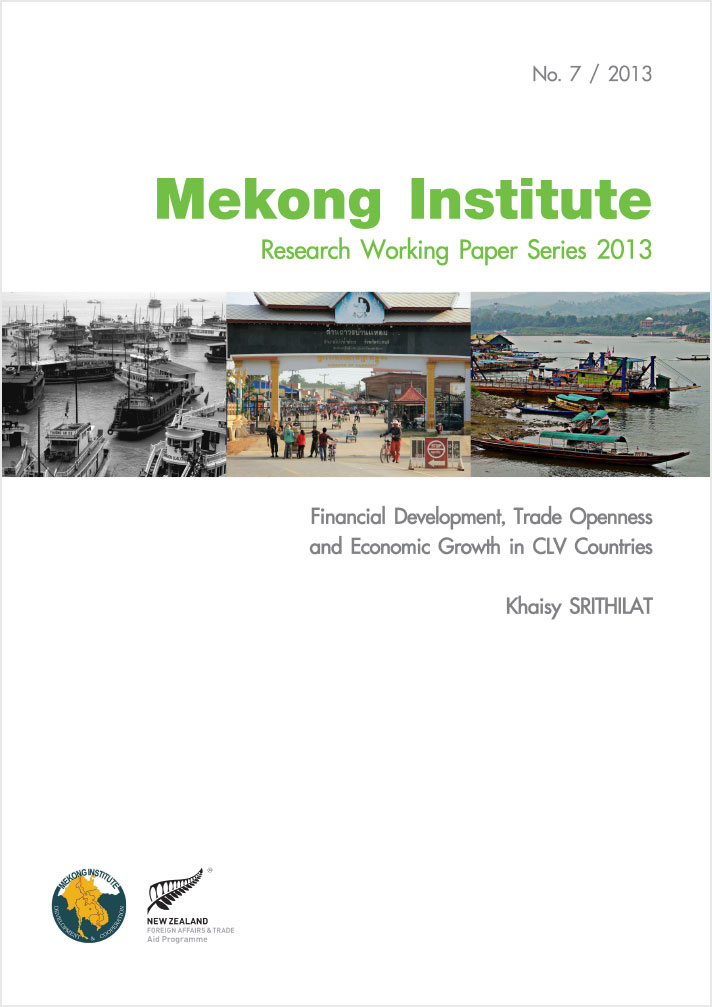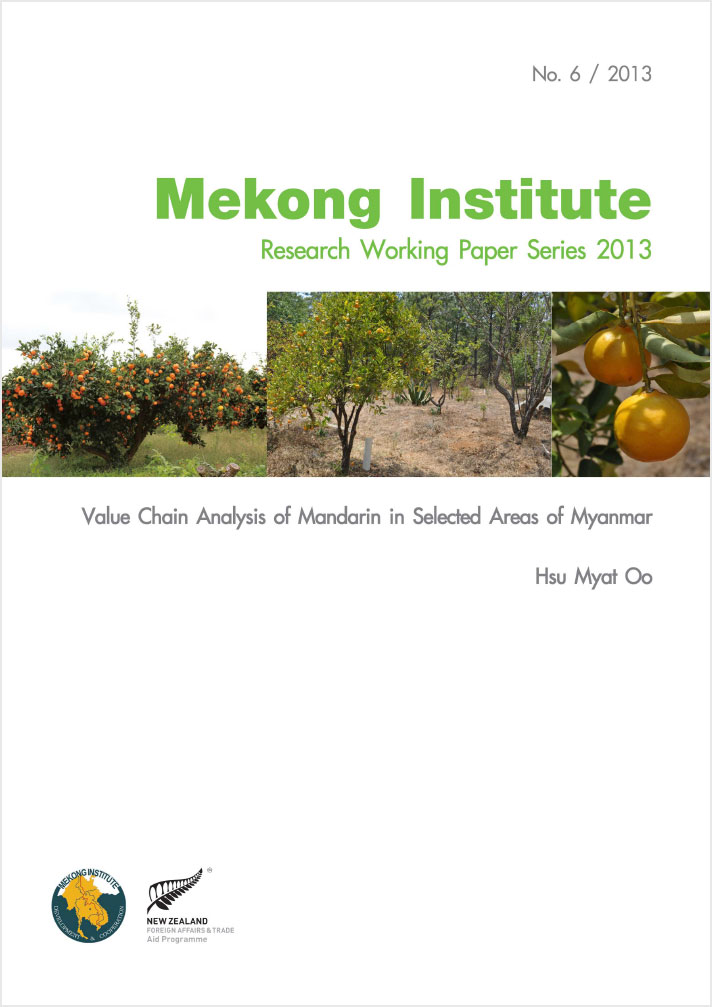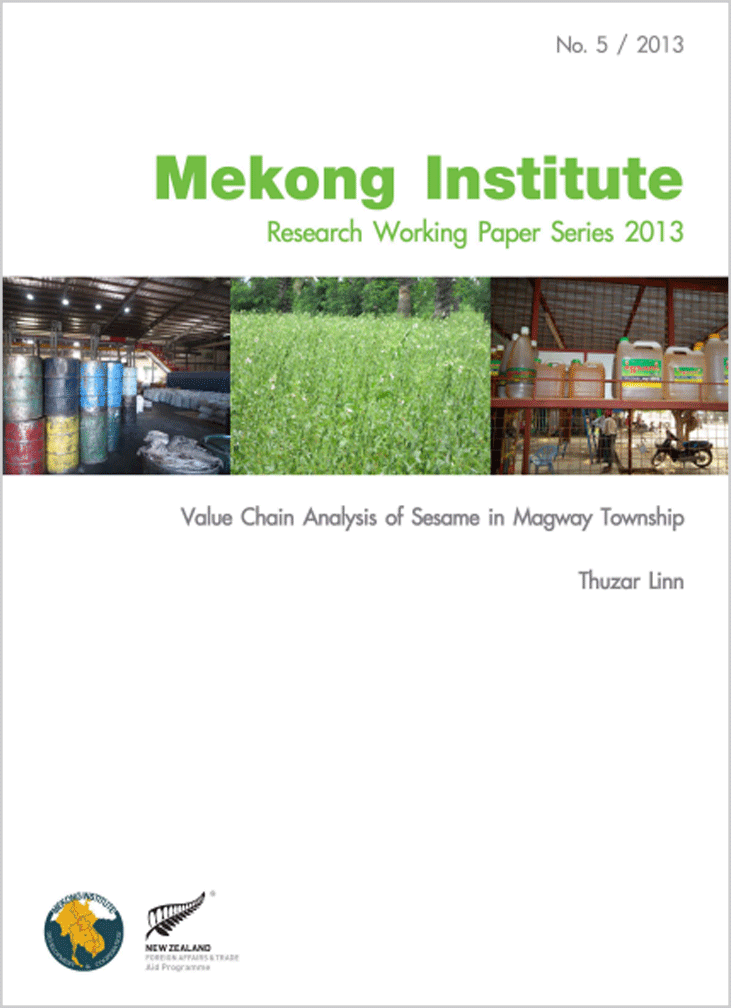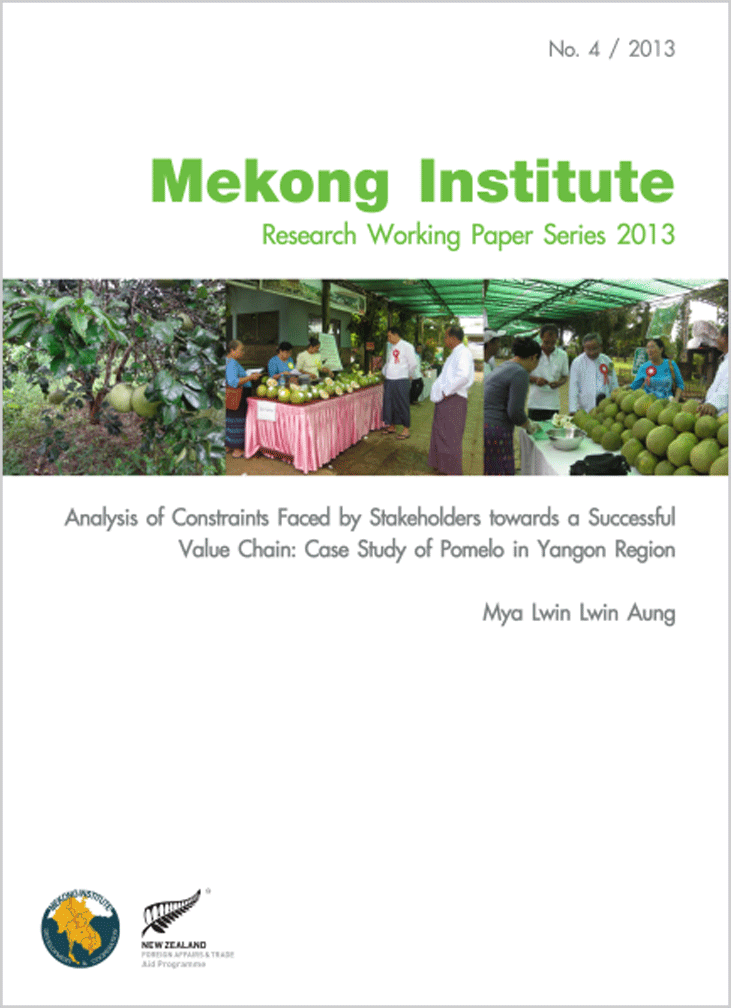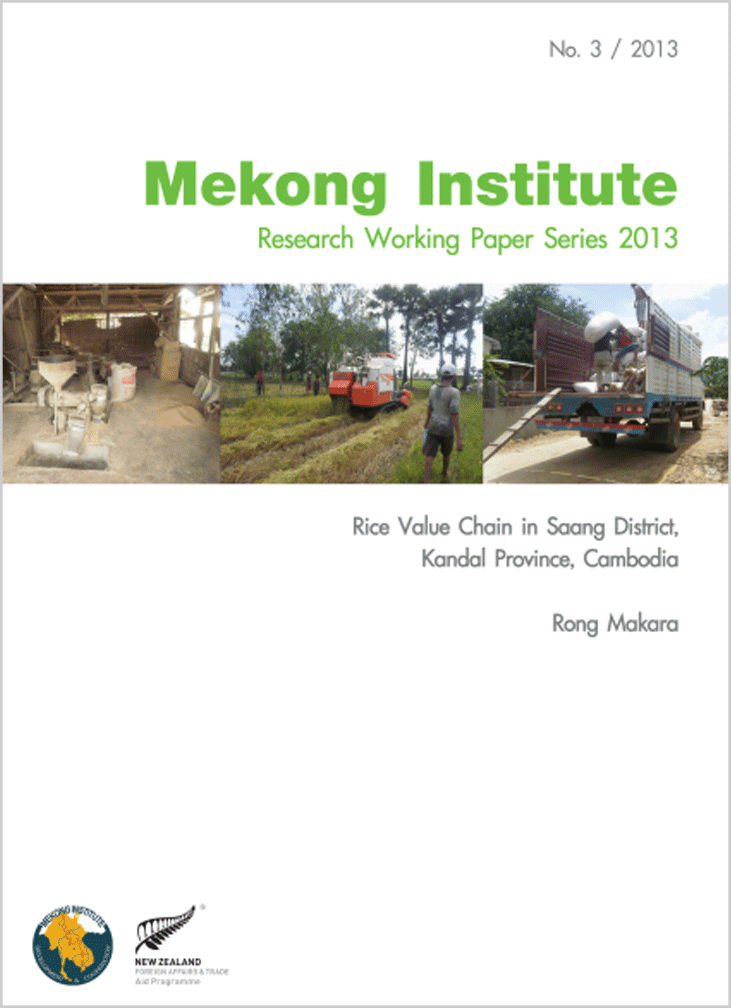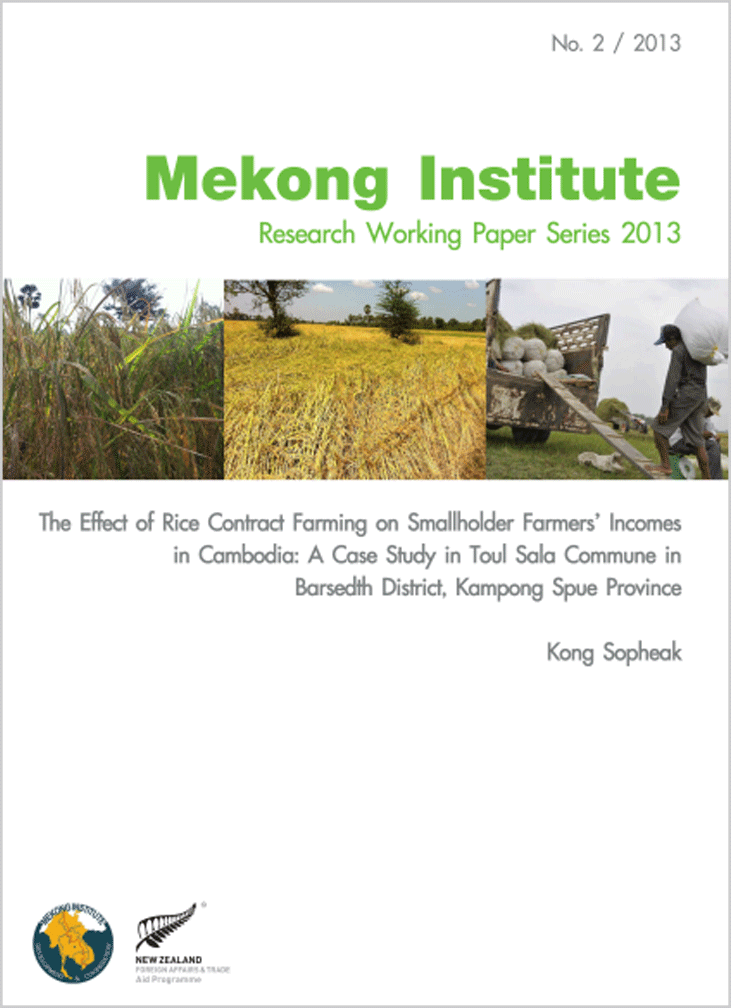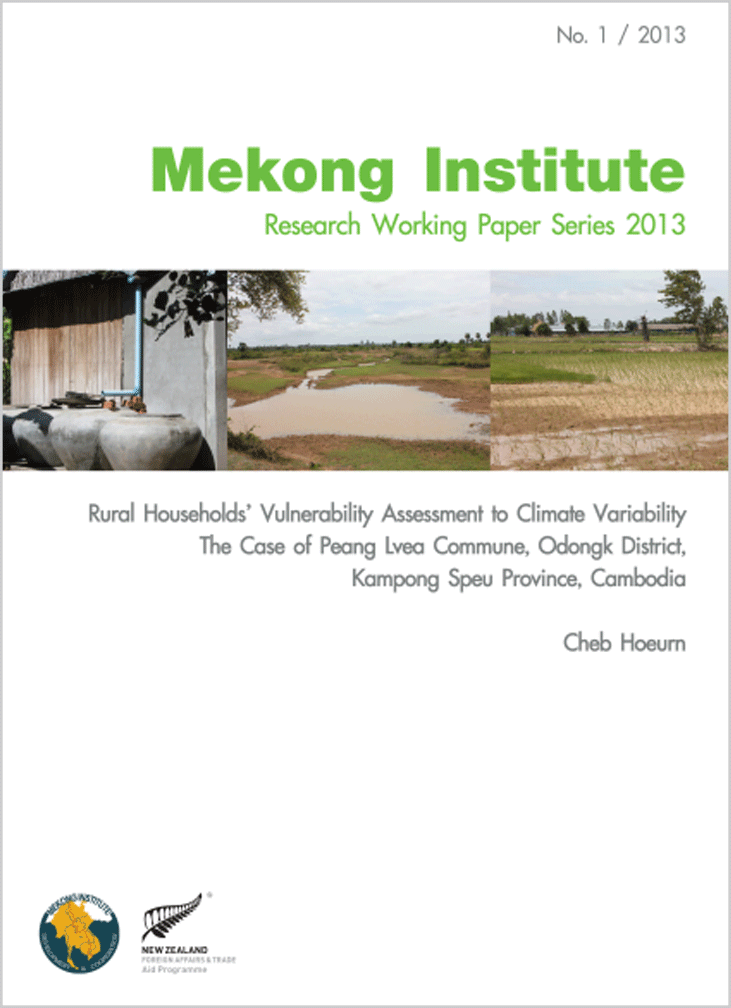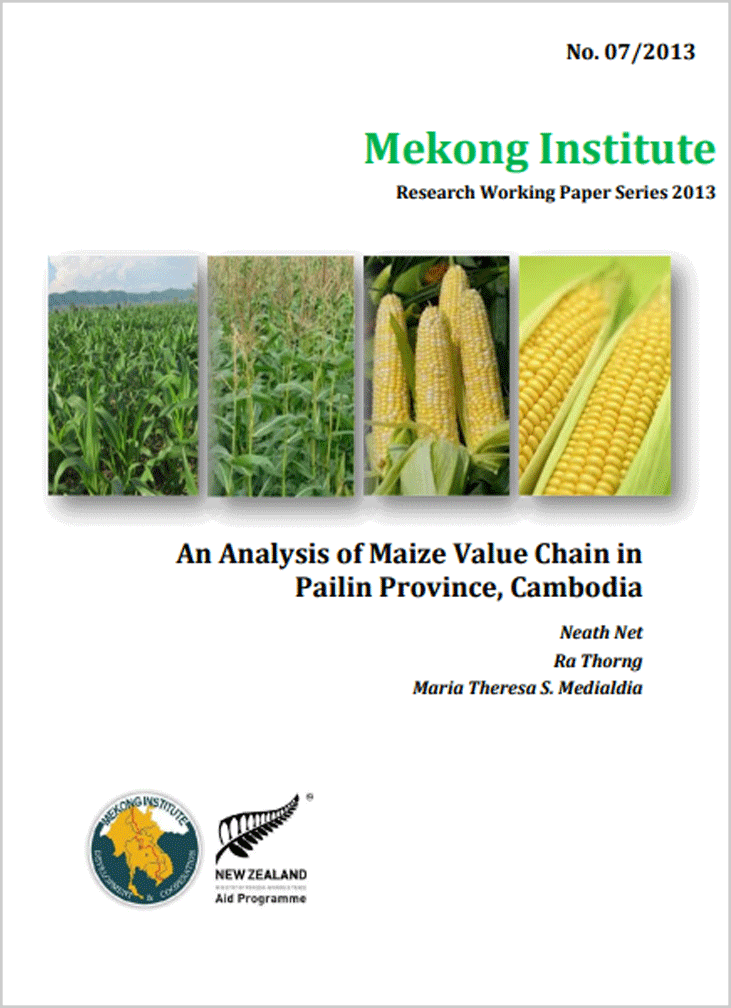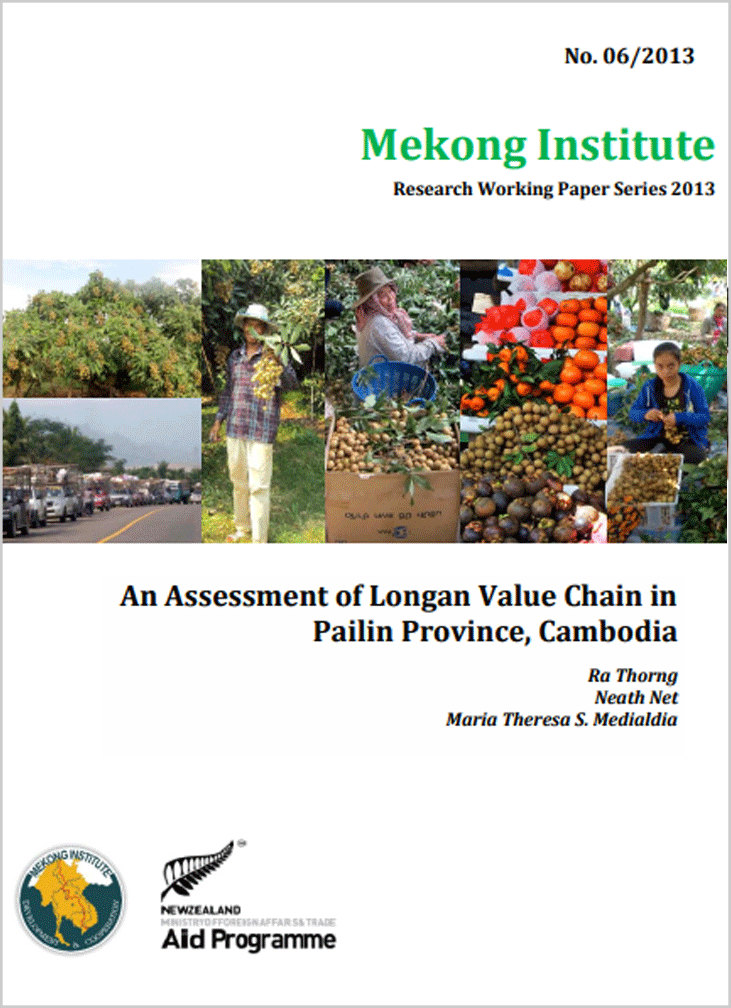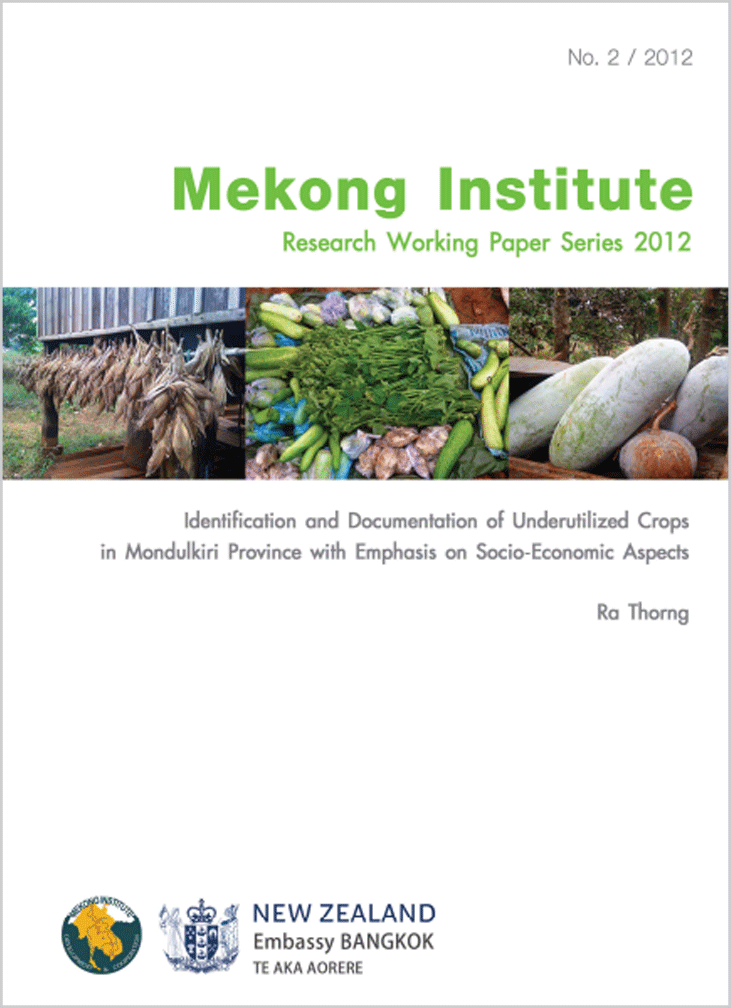FINANCIAL DEVELOPMENT, TRADE OPENNESS AND ECONOMIC GROWTH IN CLV COUNTRIES
Written by Mekong Institute This research analyzes the status and relationship of financial development, trade openness and economic growth by the ARDL approach of the Cambodia-Laos-Vietnam Development Triangle area or CLV. This group of countries has developed a finance sector and opened trade within the same period between the second half of the 1980s and …
FINANCIAL DEVELOPMENT, TRADE OPENNESS AND ECONOMIC GROWTH IN CLV COUNTRIES Read More »

